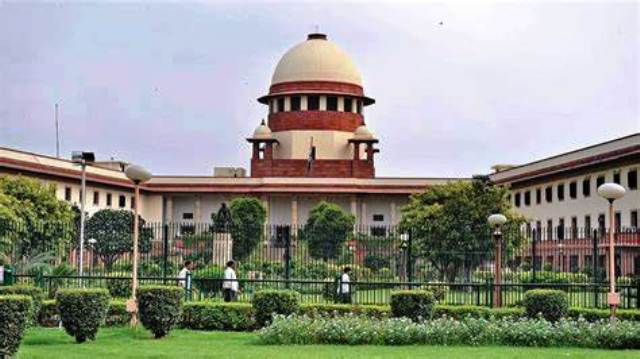New Delhi: The Centre on Thursday submitted before the Supreme Court that “uncontrolled personal autonomy” over one’s sexual orientation could challenge legal provisions against incest.
A Constitution Bench led by Chief Justice of India DY Chandrachud is hearing the final arguments Tuesday on a raft of petitions seeking to legalise same-sex marriage.
Earlier this year in January, a three-judge SC bench transferred nine pending petitions dealing with similar issues from the Delhi and Kerala high courts to itself. On March 13, the three-judge bench led by CJI DY Chandrachud referred the case to a five-judge Constitution bench.
Even though homosexuality was decriminalised by the Supreme Court in 2018, same-sex marriages continue to be unacknowledged and unrecognised by Indian laws. Both the Centre and the ruling BJP have opposed a legal validation of same-sex marriage.
During the sixth day of the hearing on the legalisation of same-sex marriage in India, Solicitor General Tushar Mehta argued that if uncontrolled personal autonomy is allowed regarding sexual orientation, it could lead to a challenge against provisions that prohibit incest.
The petitioners argued that sexual orientation is not a matter of choice but rather an innate characteristic. Mehta then presented two schools of thought on the matter — one stating that sexual orientation can be acquired and the other stating that it is innate, reported legal news website Bar and Bench.
He then presented a hypothetical scenario of someone claiming autonomy to engage in a relationship with a family member, arguing that if sexual orientation is a valid reason for autonomy, provisions against incest could also be challenged.


















